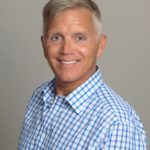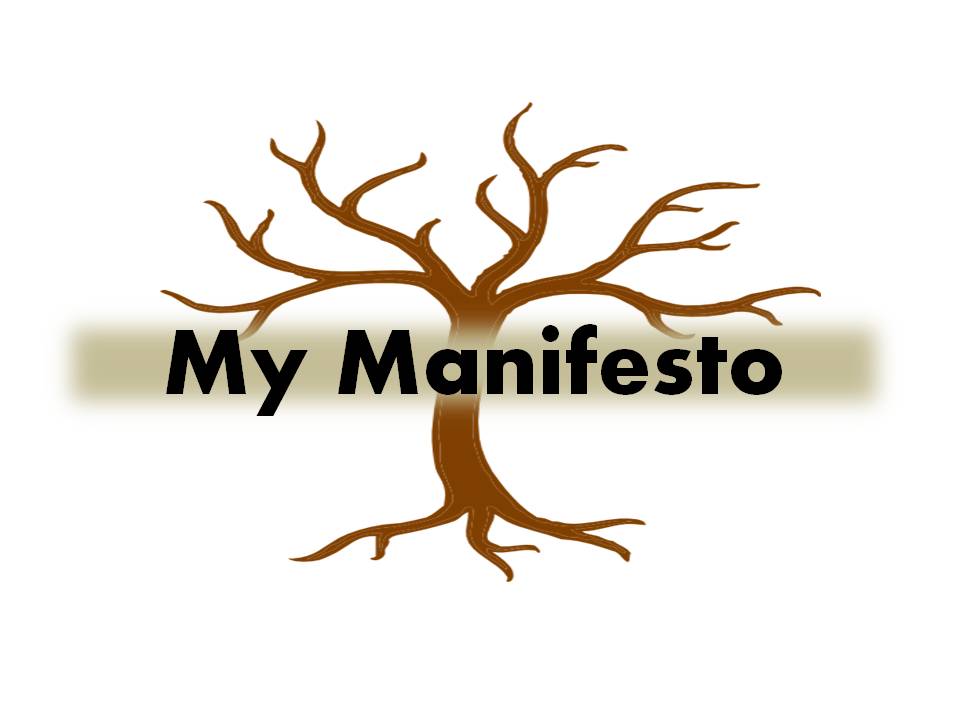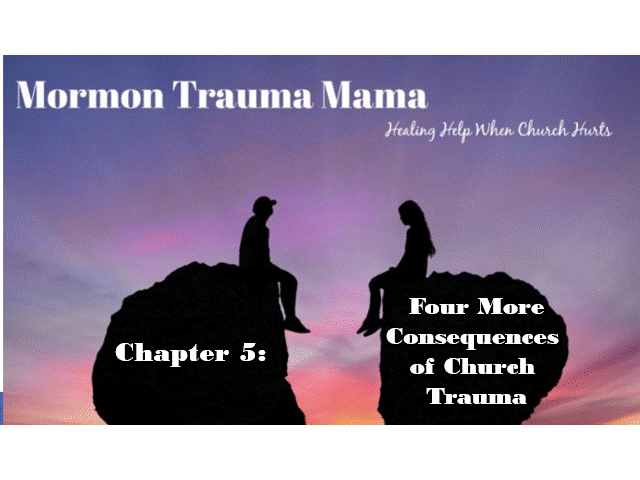The Power of Personal Leadership
Codependency
You might be surprised to know how common codependency is in businesses and organizations. Employees forget their passions, talents, and personal meaning to please bosses, earn higher salaries, and survive the economic landscape. It’s understandable that we need to make a living but our growth needs never die; they create feelings of boredom, stress, and listlessness if ignored for long periods of time. We learn compliance and conformity. Some exercise initiative to find the sweet spot of shared values.
We become codependent when we take on shame or the assumption that we are somehow defective, and that something is wrong with us. We lose our innocence, take defectiveness as reality, and this realization traumatizes us.
Growing up I worshipped my dad, a CPA, business owner, and powerful man. My sense of self was weak, defective, and full of shame. I never measured up to the expectations of peers, church rules, or parental demands. My mother had no love to give, herself emotionally impoverished. Others were smarter, more athletic, better looking, and looked forward to bright futures of success, love, and happiness. I was hyper vigilant, always watching how others looked at me, treated me, and whether I had earned their approval. Conditional love teaches us that approval is competitive; there is only limited ‘pie of love’ for those who perform implied or express demands. My worth was not intrinsic; it was based on the actions of others and my distorted interpretation of behaviors. Defectiveness (shame) can be learned in any system such as families, companies, and churches.
These systems teach us our maps of life; explanations of how things are (reality) and how things should be (values). This is a natural part of life. Problems develop from two major sources – how our maps were created and the degree to which we update them. Psychologists use the term ‘transference’ to use an outdated map that does not represent the new terrain. It’s like having a map of Rhode Island while traveling in California. We can increase our efforts to become effective travelers but the results never change; we’re still lost! We might try to change our attitudes and be ‘positively lost’. Behaviors become useless without an accurate map of reality.
The Wrong Centers
Our responses or reactions to feelings, people, and events are based on our level of self-awareness and a life by design or default. As vulnerable children and adolescents, we accepted what we were taught, usually without a counter argument. It was like watching television; we saw the advertisements for Disney and ‘just knew’ we’d be thrilled to play with Mickey and all his pals. The same applies to messages received from caregivers (i.e., parents, clergy, peers, and others), both verbal and nonverbal behaviors. As vulnerable and dependent young people, we learned to focus on one individual, group, or institution more than others. It’s like leaning a ladder against a wall; we climb so fast, thinking we’re making progress, but when we get to the top, we realize it’s leaning against the wrong wall. As we climb each rung of the ladder, our feelings and needs scream for attention but we ignore the acute pain of unmet needs for love, personal fulfillment, and becoming the majestic oak tree from our tiny acorn potential. As time goes by, acute pain becomes chronic pain and we become desensitized to the messages and God-given talents buried in the repositories of our consciences.
We’ve learned to listen and follow all things external and ignore the voice of our truest self. Some examples of these external gods include: parents, teachers, leaders, churches, possessions (i.e., degrees, titles, net worth, memberships, other), pleasure, sex, and self. None of these is bad per se, only the terminal value we place upon its attainment. As time marches on, we become dependent on these external motivators and guides at the expense of our true identity. Our security and identity is formed around the focus of our energies and the cost is self-alienation. What we served has become our masters.
Leadership & Self-Trust
How do we heal this fragmented self? We start to lead our lives. We turn inward to our feelings, needs, and the inner child forgotten long ago. We listen to our conscience and go to God directly. We seek sources of wisdom, guidance and power much larger than one external source. We feel our deepest emotions, so raw and scarred for some. We deal with feelings of defectiveness and shame from unhealthy relationships, events, and poor decisions. Learning to trust ourselves is a slow process but one required for fulfillment and confidence. As we confront our emotions, they do not need to determine our decisions. In fact, our chosen values replace default sources of guidance and emotions.
It’s impossible to rely on ‘works’ alone as we will never measure up. We’ll either feel superior or inferior to others as we climb our individual mountains. Some will sit at the bottom of their mountains, escaping from failure and a deeper sense of shame. The only way to grow is to give up perfectionism, accept our limitations, flaws, and strengths. We must learn to accept God’s grace and forgiveness from others and ourselves. The only focus that puts all others in perspective is the wisdom that comes from within. We learn to own our values and forge a new identity, grounded in reality and principles that yield optimal results. We learn to imagine a future that we create, not one that has been handed to us or accepted by default. We rescript ourselves and stop reacting to our fears, trusting in the guidance, wisdom, and power of truth. Our confidence comes from our integrity, not the approval or temporary feelings from external sources.
 **John holds graduate degrees in business and counseling: MBA in Management; MA in Counseling, and DBA in Organizational Leadership. John is a marketing (branding) and leadership professor in an MBA program. Prior to his teaching career, he was a sales/ marketing manager, and sales professional in the jewelry industry. He also helped manage his family’s Dunkin Donuts franchises while attending undergraduate studies. He is a very proud father and loves his granddog Gus (bulldog).
**John holds graduate degrees in business and counseling: MBA in Management; MA in Counseling, and DBA in Organizational Leadership. John is a marketing (branding) and leadership professor in an MBA program. Prior to his teaching career, he was a sales/ marketing manager, and sales professional in the jewelry industry. He also helped manage his family’s Dunkin Donuts franchises while attending undergraduate studies. He is a very proud father and loves his granddog Gus (bulldog).



